Renault showed in the Las Vegas hydrogen Master van Z. E. Hydrogen
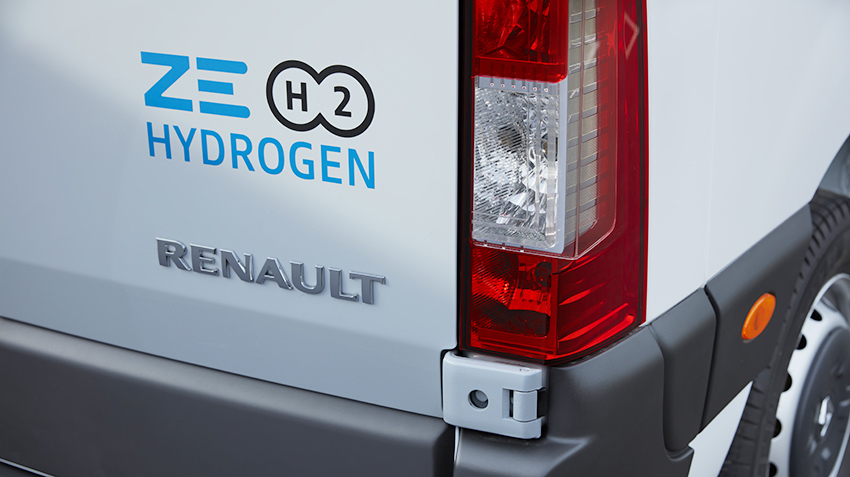
11.01.2020
At CES 2020 Groupe Renault presented the Z. E. van Master Hydrogen for hydrogen fuel cells

Held in Las Vegas exhibition of household appliances and electronic gadgets on the stand of the company Faurecia, Renault showed a hydrogen version of its Master van ZE Hydrogen.
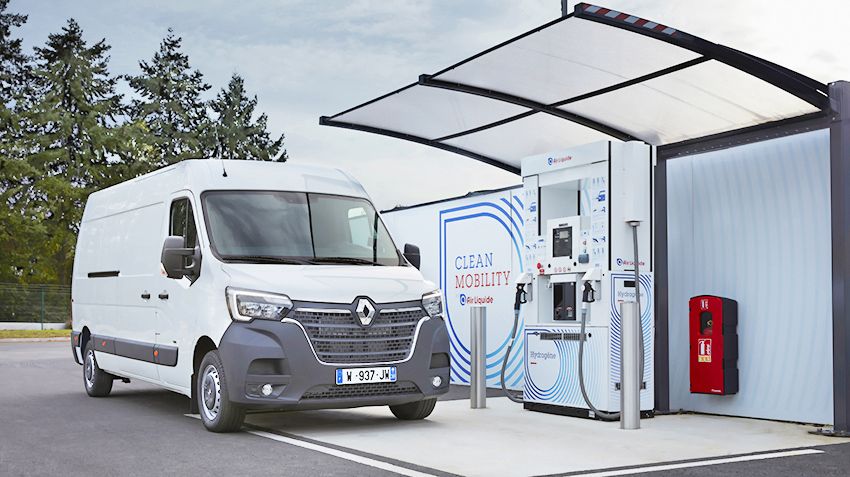
The new hydrogen van Master Z. E. Hydrogen lies crew of the diesel panel van Renault Master L3H2 and partially electric version of Master Z. E.
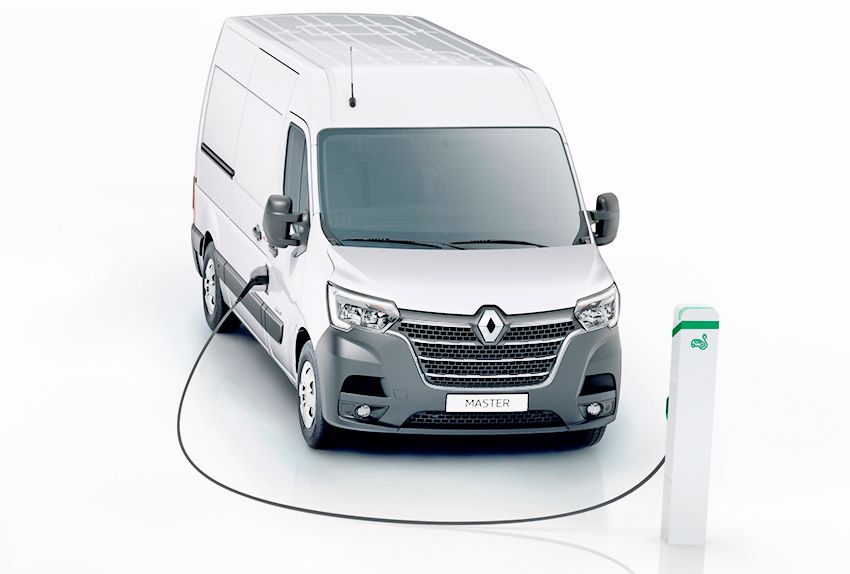
New electroforged Renault Master Z.E. was recognized as the most innovative LCV 2019
According to Renault, model Master Z. E. is equipped with a Hydrogen power plant, which conventional electrochemical batteries augmented by hydrogen fuel cells StackPack production company Symbio – SP companies Faurecia and Michelin.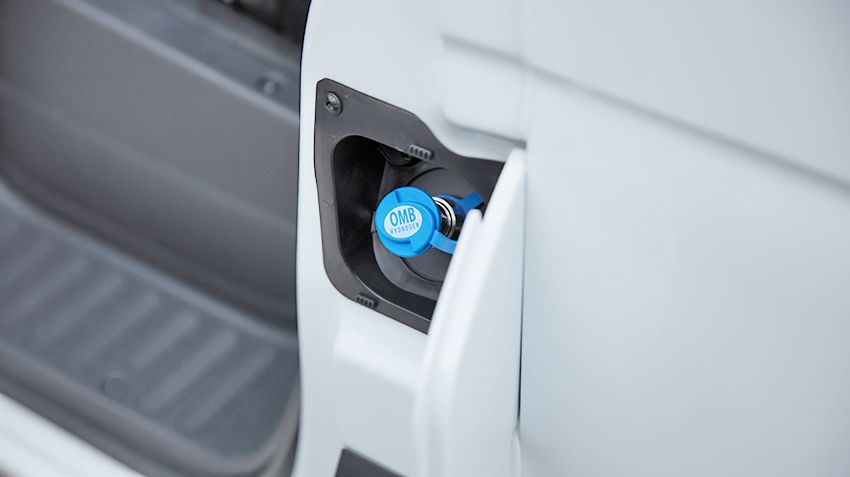
Using this combined electric power reserve Renault Master Z. E. Hydrogen for one filling on the WLTP standard could reach 350 km, which is three times more (!), than the pure battery version of the Renault Master Z. E., whose reserve does not exceed 120 km
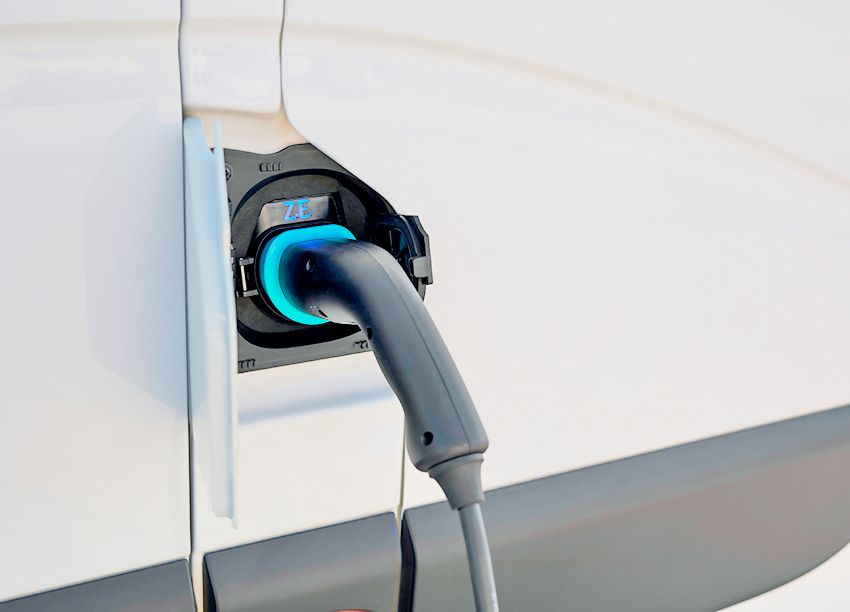
Electric charge is not too different from hydrogen refueling
Expected to sell in the European market in the first half of 2020 hydrogen LCV Master Z.E. Hydrogen, will be offered as a panel van and chassis cab.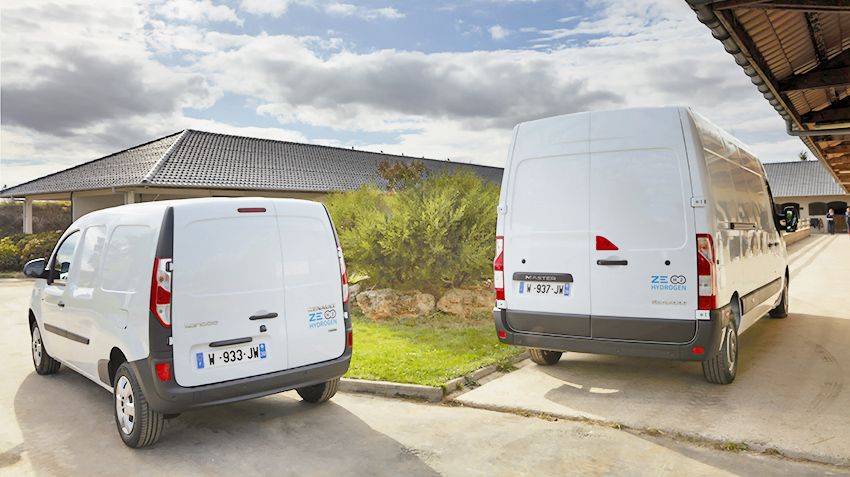
Seriously Renault is expanding its light commercial electric vehicles powered by hydrogen fuel cells (FC-ELCV)
Tested with 2014 hydrogen technology French automaker was developed in collaboration with Symbio, a subsidiary of Groupe Michelin. Electric cars series is equipped with a Hydrogen "booster" hydrogen fuel cell that provides electric and thermal power of 10 kW, which increases the range of the full size van Renault Master E. Z. Hydrogen and a compact van Renault Kangoo Z. E. Hydrogen to more than 350 km away.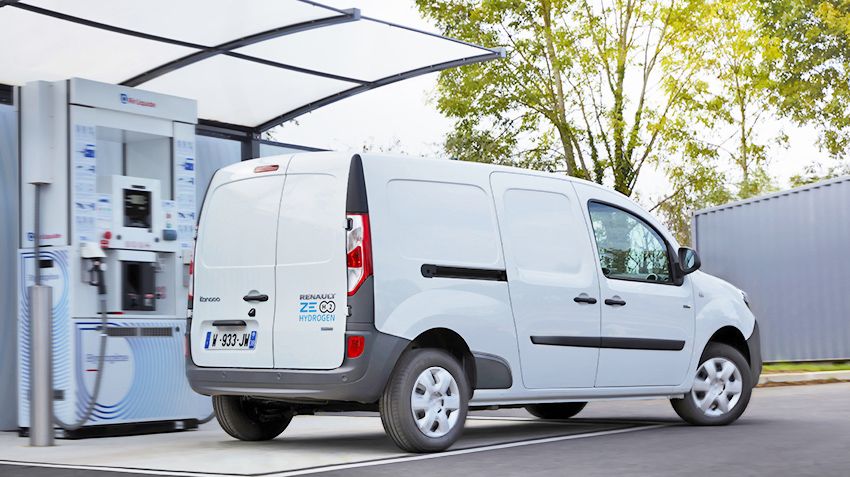
Produced with the end of 2019 "heel" Renault Kangoo Z. E. Hydrogen can boast of the best real mileage among all presented in market of electric vans and up to 370 km
Data hydrogen electric cars run from the fuel cell, the reaction of hydrogen from onboard tanks with atmospheric oxygen, produces electricity that feeds the traction motors. Data vehicles are zero emission of CO2, ie fully resolve the environmental problems of urban mobility. In addition, they offer increased autonomy, easy refilling with hydrogen (5 to 10 minutes) and easy maintenance.Such advantages make hydrogen LCV is especially suitable for intensive operation and use of various structures in large urban agglomerations up to the suburbs, including transport and logistics, transportation of goods and various municipal needs of municipal and local authorities, ordinary mail transportation and expedited delivery of parcels.
Unit Manager Renault-Nissan LCV Denis Le Vot said: "the Renault Group complements its range of light commercial electric vehicles a production model of the Renault Master Hydrogen Z. E. and Kangoo Z. E. Hydrogen. These electric vehicles provide professional clients with real reserve, which they need for long trips, as well as a record short time of charging. And that their benefits do not end there, as the hydrogen version of Kangoo and Master can work on obesplozhennym (alternative ed.) energy, saves the environment, and at the same time offers all the amenities of electromobility".
PS Well, what about a special "green" hydrogen energy Mr. Le Here obviously got excited – the actual process of hydrogen fuel (H2) are still far from the ecological ideal, as it is mined is not the direct electrolysis of water (a tiny fraction of 1% (data 2016) global production of hydrogen) and algae (3%), and simply methane (48%), oil (30%, get in side the processes of oil refining) and coal (15%), not reduces emissions of CO2 in the atmosphere of the planet. Just today in China, Japan (2020 Olympics in Tokyo) and in South Korea the interest in hydrogen energy is heated the solid state and municipal investment, and therefore need time to stake out a place in this, yet insignificant in size but very promising segment.
P. P. S. Recall that in the autumn of 2019 it electroforged Renault Master ZE received the title of the most "Environmentally advanced Van of the year". But Renault do not put all your eggs in one or a basket and now offers a hydrogen version of their elektroorgana, which allow (in the presence of a gas infrastructure, of course) to perform the same transport and special functions that rely on conventional urban diesel LCV. Given that some areas of China aim to become liderami transport with hydrogen fuel cells, this model and its smaller counterparts in China (and also in aponi and in Korea, the so-called the Far East), there are very real prospects for promotion..
|
|
|








